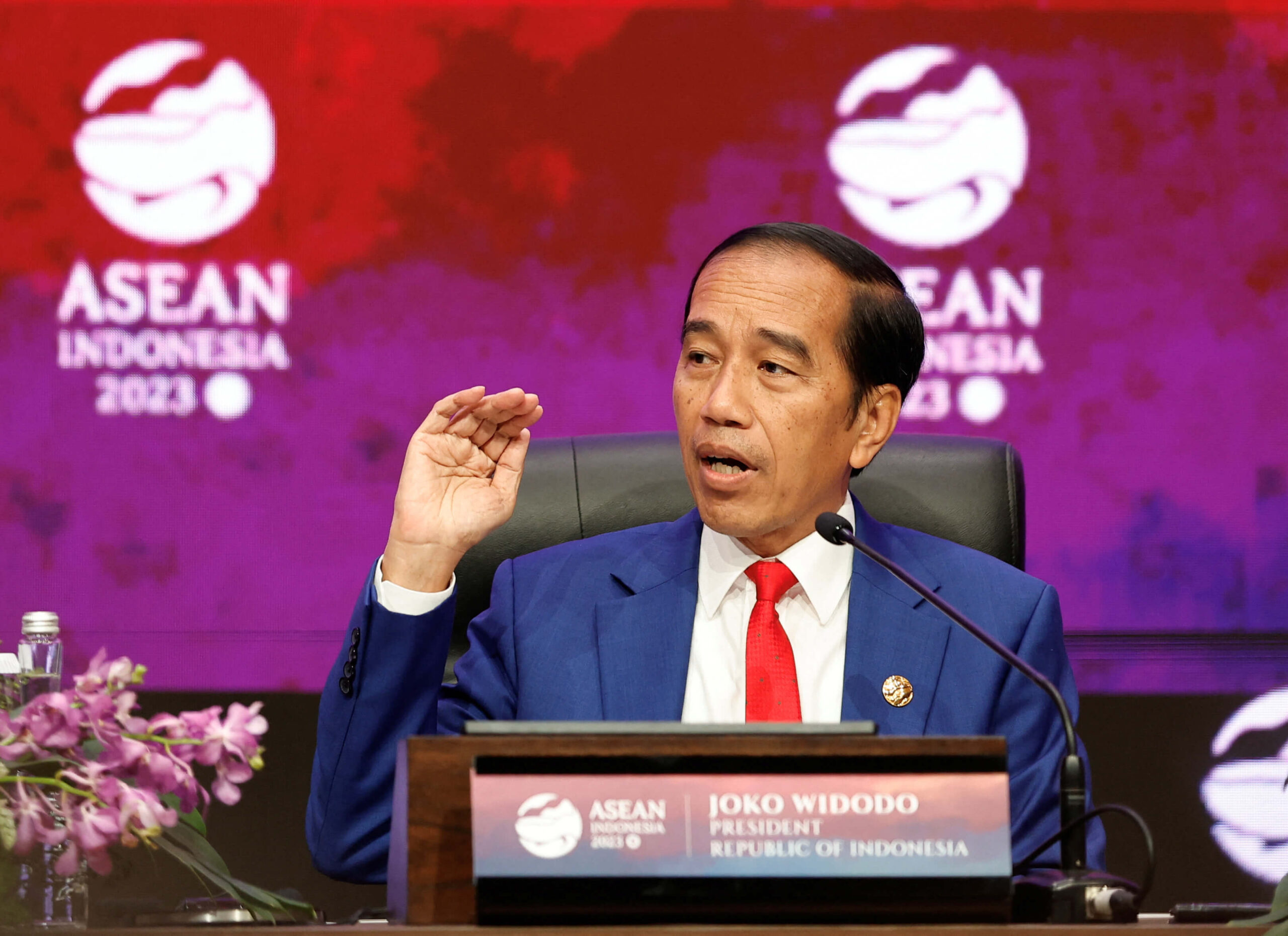JAKARTA, September 25 (Reuters) – In a bid to safeguard offline markets in Southeast Asia’s largest economy, Indonesia is poised to introduce new regulations governing the use of social media for e-commerce. President Joko Widodo, often referred to as Jokowi, revealed this development, emphasizing the need to strike a balance between technological advancement and the preservation of existing economic structures.
One of the primary concerns driving these regulations is the perceived threat posed by e-commerce sellers who utilize social media platforms for predatory pricing. Indonesian ministers have expressed their worries regarding this issue, with specific references made to TikTok, the popular video-sharing platform. They argue that such practices are undermining traditional brick-and-mortar markets.
“We just…decided on the use of social media for e-commerce. Tomorrow it will perhaps come out,” President Jokowi disclosed during a streamed video address on Monday. However, he refrained from mentioning any specific companies or providing extensive details about the impending regulation, which is currently under formulation by the trade ministry.
The existing trade regulations in Indonesia do not explicitly address the realm of direct transactions conducted on social media platforms, prompting the need for these new guidelines. Deputy Trade Minister Jerry Sambuaga had previously articulated his stance on this matter earlier this month, asserting that “social media and social commerce cannot be combined.” He pledged to prohibit this combination, citing TikTok’s “live” features that enable individuals to sell goods.
TikTok, a platform owned by the Chinese tech company ByteDance, has garnered significant attention in this context. The company reported a substantial user base in Southeast Asia, with 325 million active monthly users, including 125 million in Indonesia alone. Furthermore, TikTok Shop in Indonesia boasted the presence of 2 million small businesses. It’s worth noting that a TikTok Indonesia spokesperson refrained from providing any immediate comments on the impending regulations.
These forthcoming regulations on social media e-commerce signify Indonesia’s commitment to addressing the evolving landscape of commerce while ensuring the fair coexistence of online and offline markets. The balance between technological innovation and the preservation of traditional economic structures remains a crucial aspect of Indonesia’s economic policy.





